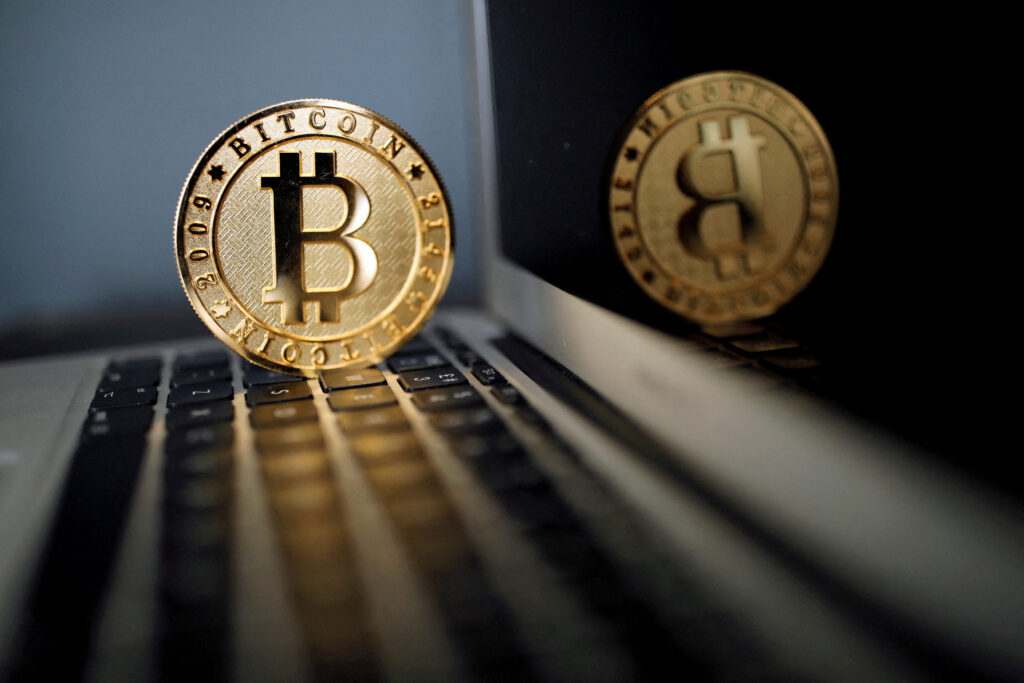U.S. regulators warn banks to be on alert for crypto-related liquidity risks

By Pete Schroeder and Hannah Lang
WASHINGTON (Reuters) – Top U.S. banking regulators issued a fresh warning to banks to be on guard for any liquidity risks from cryptocurrency-related clients, cautioning some of their deposits could prove volatile.
In a joint statement issued Thursday, the Federal Reserve, Federal Deposit Insurance Corporation, and the Office of the Comptroller of the Currency said banks should have robust tools in place to monitor funds placed by crypto-asset related entities. The agencies noted deposits placed with banks for the benefit of crypto consumers, as well as stablecoin reserves, could be subject to rapid outflows.
Regulators said the new statement was spurred by “recent events” in the crypto sector that highlighted volatility risks. While they noted the statement does not include new requirements and banks are not prohibited from providing services to particular sectors, it does mark the latest in a series of moves from bank regulators urging caution in any crypto dealings.
The guidance represents the first time the bank regulators have highlighted deposits linked to stablecoins — a type of cryptocurrency typically pegged to the U.S. dollar — as susceptible to volatility during periods of stress in the crypto market. Most of the major stablecoins including Tether and USD Coin are asset-backed, meaning that the stablecoin issuer holds assets, including bank deposits, that can quickly be redeemed to meet withdrawal requests.
But regulators expressing concerns about the stability of those reserves could cause banks to further examine their relationship with stablecoin firms. The statement noted that stablecoin reserves could see large and rapid outflows in cases of unanticipated stablecoin redemptions and turmoil in crypto markets, for example.



